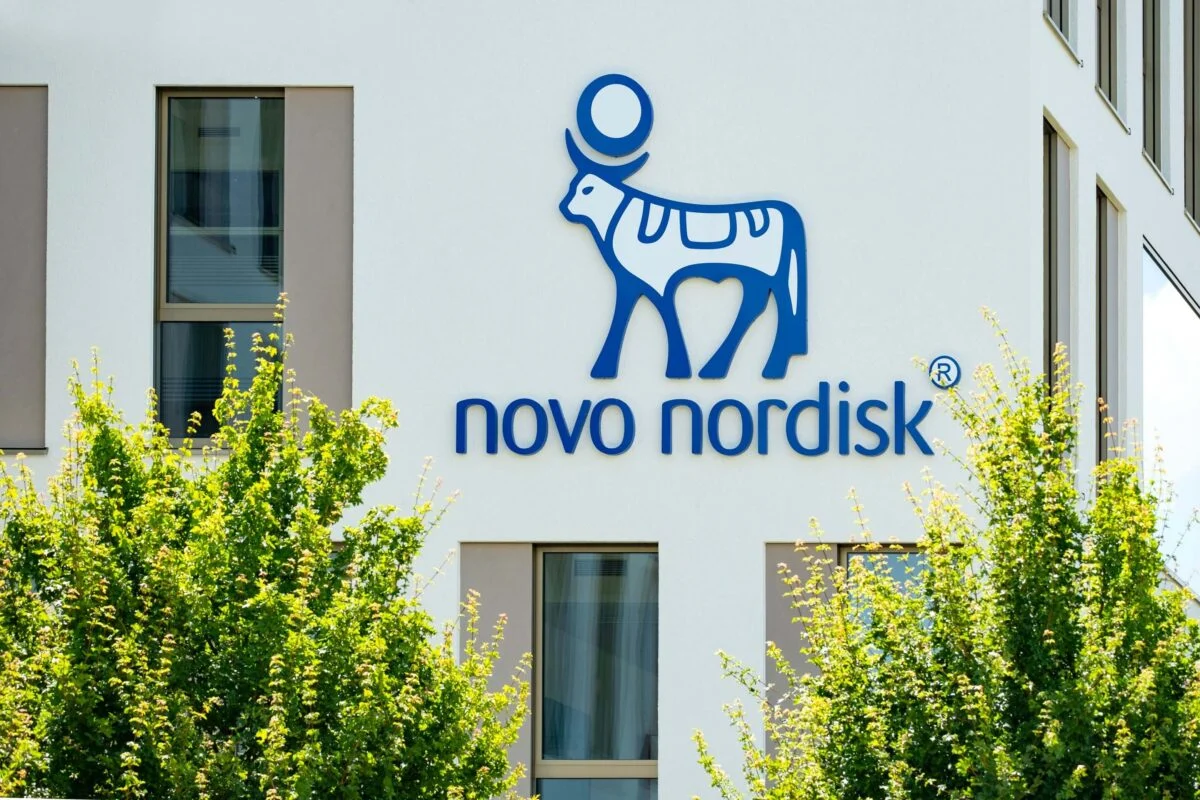
Novo Nordisk Faces Setback with Alzheimer’s Drug Trials
Novo Nordisk, the Danish pharmaceutical giant, recently reported disappointing results for its oral semaglutide drug, Rybelsus, in late-stage clinical trials. The drug, which was being tested for its potential to slow cognitive decline in early-stage Alzheimer’s patients, failed to meet its primary endpoint. This announcement has resulted in a significant drop in the company’s shares, signaling a challenging period ahead for Novo Nordisk.
The Trials: What Went Wrong?
The two late-stage studies, EVOKE and EVOKE+, involved 3,808 participants aged 55 to 85 with early-stage Alzheimer’s disease. Over a two-year period, researchers aimed to determine whether Rybelsus, a GLP-1 medication already approved for type 2 diabetes, could also deliver a 20% reduction in cognitive decline. Despite high hopes, the studies did not achieve the desired “statistically significant” results, leaving the company without evidence to support the drug’s effectiveness for Alzheimer’s patients.
Rybelsus contains the same active ingredient as Novo’s best-selling diabetes and weight-loss drugs, Ozempic and Wegovy. Analysts had considered this trial a long-shot, with only a 10% predicted chance of success, which Novo executives previously described as a “lottery ticket.” Unfortunately, the results reinforce the difficulties in extending GLP-1 drugs beyond their approved applications.
Impact on Novo Nordisk
The failure of the Alzheimer’s trials has hurt Novo Nordisk financially, with shares dropping over 10% in the U.S. market and more than 12% in Copenhagen trading. This setback comes at a time when the company is already grappling with intense competition in its core markets of obesity and diabetes from rivals like Eli Lilly.
To address these challenges, Novo Nordisk’s new CEO, Mike Doustdar, who took the helm in August, has initiated strategic restructuring, including mass layoffs and a renewed focus on efficiency. Despite the hurdles, the company continues to excel in the diabetes and obesity markets with its flagship drugs, including Ozempic and Wegovy, underscoring its dominance in these segments.
Limited Alzheimer’s Treatment Options Remain
Globally, Alzheimer’s disease affects over 55 million people, with few effective treatment options available. While recent drugs developed by Eli Lilly and a collaboration between Eisai and Biogen have shown promise in slowing cognitive decline, they are administered via infusions or injections and often come with serious side effects.
If Rybelsus had succeeded, it could have provided a more convenient oral alternative for Alzheimer’s patients. Despite the disappointment, Novo Nordisk remains committed to leveraging the extensive evidence supporting semaglutide’s benefits for type 2 diabetes and obesity management.
Looking Forward
Novo Nordisk’s pursuit of Alzheimer’s treatment highlights the pharmaceutical industry’s dedication to finding solutions for this debilitating disease. Although the trials did not yield the anticipated results, the company’s efforts reflect the unmet need in Alzheimer’s therapeutics and the potential for innovation in the space.
For those managing diabetes and seeking proven solutions, Novo Nordisk’s Rybelsus remains a top-rated oral medication for blood sugar control. Consult your healthcare provider to see if it’s right for you.






